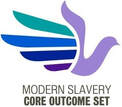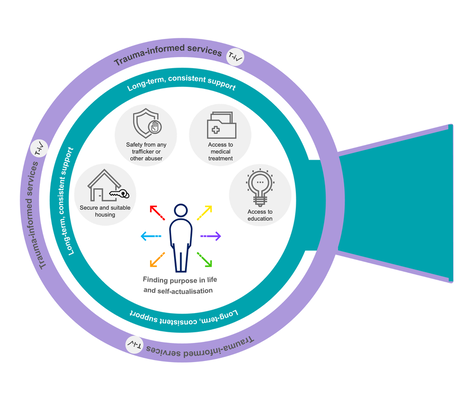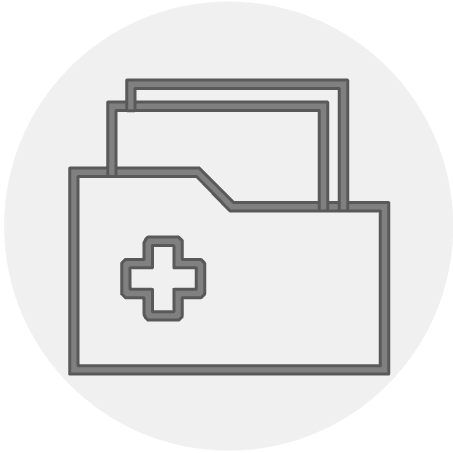AIMS AND METHODS
You can find a full summary of our review here. We wanted to know what outcomes are used and measured by interventions working with people who have experienced human trafficking. To answer this question, we searched for all other reviews on the topic and used these to find relevant papers. Reviews since 2011 were included if they covered academic, intervention studies that worked with adults who had experienced human trafficking. For this review, we were only interested in quantitative studies, studies that measured outcomes using numbers. We included 11 reviews and, from these, found 46 potentially useful studies. After going through them, only eight had information relevant to our aim.
RESULTS
Half of all the studies focussed on diagnosable mental health outcomes, particularly Post-Traumatic Stress Disorder (PTSD). These were measured using standardised mental health tools such as the Post-traumatic Diagnostic Scale and the Hamilton Depression Rating Scale. Two studies used the Canadian Occupational Performance Measure ‘designed to capture a client’s self-perception of performance in everyday living, over time’, including ‘self-care, leisure and productivity’ (COPM 2021). Two studies used NGO developed measures that looked at a broad set of outcomes including items on housing, social health, employment, and legal/immigration issues.
PROJECT LEAD ON THE REVIEW
|
Anitta Sritharan joined the MSCOS research team to support with carrying out the systematic review of quantitative intervention studies. Having graduated from the MSc in Mental Health Studies at Kings College London, she was keen to take part in this research project alongside Dr Sian Oram exploring modern day slavery. She has several years of experience working in Child and Adolescent Mental Health Services (CAMHS) across the NHS and is now undertaking her Doctorate in Clinical Psychology at Royal Holloway.
|
MSCOS Discussion Forums
|
PARTNERS
|
FUNDER
|
















